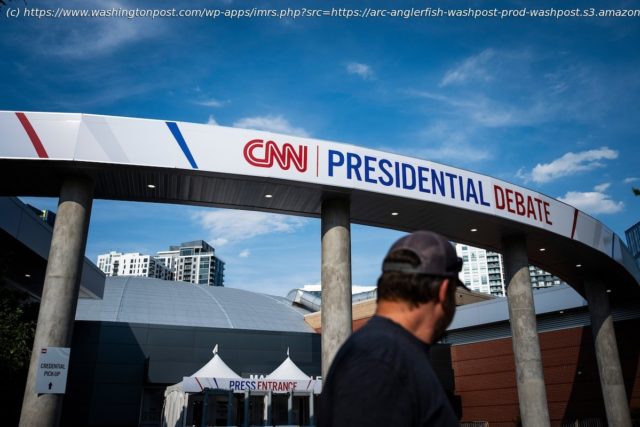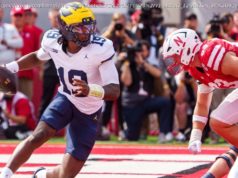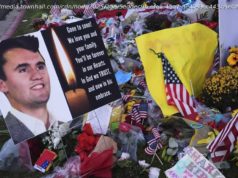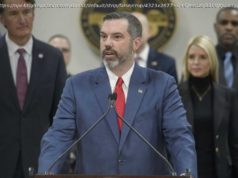An enormous amount of research has been done on the effects of presidential debates. But this year’s is not like past presidential contests.
One theory of American politics is that voters are cautious observers of competing candidates and make sophisticated decisions about their votes only after considering the available information. Under this theory, presidential debates are moments of unusual importance, points at which candidates soberly present their positions to the country, answering criticisms from their opponents and offering criticisms of their own.
Perhaps 1 percent of American voters act in the manner described in the first sentence. Perhaps the most recent point at which the second sentence applied was in late 2012, but perhaps not even then.
This sounds cynical, and it probably is, but there’s little question that the idealized form of candidate selection outlined above simply doesn’t happen. To some extent, the system is designed so that it doesn’t have to happen; political parties exist in large part to allow people to make candidate choices with less friction. And while there may be people whose votes are influenced by debates, there probably aren’t many, given how infrequently debates focus on actual policy disputes.
All of which raises the question: Will Thursday night’s debate between President Biden and Donald Trump make any difference?
Answering that question depends on two considerations. The first is what has happened in the past. The second is why this year is different.
Let’s look just at the seven debates that have been held since 2016. They include the three presidential debates held that year between Hillary Clinton and Trump and the 2016 vice-presidential debate. Then there are Biden and Trump’s two 2020 meetings and the debate between Kamala D. Harris and Mike Pence that October.
What we see is that, in each case, polling averages shifted in the weeks after the first debate — but not much afterward.
In 2016, Clinton had gained 3.4 points in the 538 average three weeks after the debate was held. Trump lost two points.






